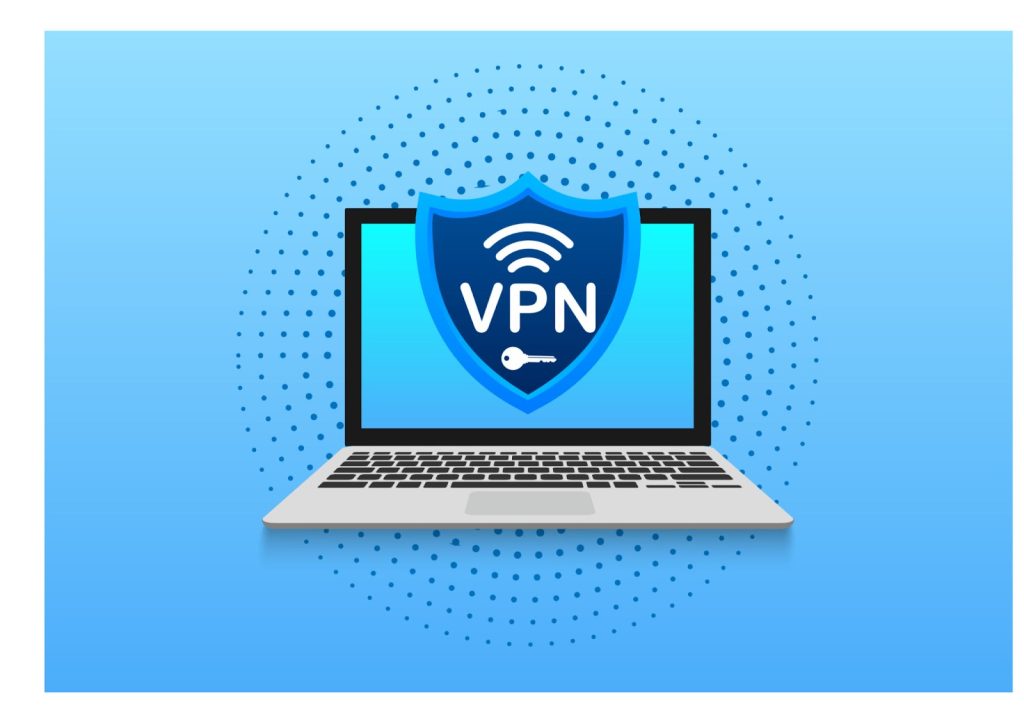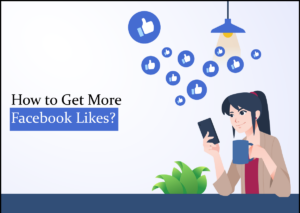VPN Explained: What is it and What are the Advantages?

VPN creates a secure and encrypted connection between you and the internet. When you are connected through VPN, a virtual tunnel is created where all your data traffic gets encrypted.
This gives you several advantages you are anonymous, safer, and free from IP address restrictions.
By now, you must be curious about what is a VPN. VPN stands for Virtual Private Network. Let’s break it down a bit more.
Virtual: It creates a digital tunnel and connects your device to the VPN server.
Private: It hides your IP address and encrypts your data.
Network: It creates a connection between multiple computers.
Table of Contents
Advantages of a VPN
Anonymous presence
When you are connected to the internet via your Internet Service Provider (ISP) both your location and identity are easily traceable. This is because you have a unique IP address that acts like a postal code and contains all information about you.
When connected through a VPN, your internet traffic is re-routed through an encrypted tunnel thereby hiding your IP address and location.
If someone tries to trace you, they could only reach the IP address of the VPN server (that could be anywhere across the world) but not your actual IP address.
This gives you protection against hackers and government agencies.
Bypass geographical restrictions
Online streaming services are getting more popular day by day. However, they restrict access to their content in certain regions. So, how can you enjoy your favorite movie or TV series if you are living in a place where broadcasting right is limited?
Well, a VPN is the answer. VPN allows you to connect to a server in a different country thus bypassing restrictions and censorship. So, you will get access to streaming content and other website services from the comfort of your home.
Anonymous downloading
Torrents file download is treated illegally in many countries across the world. Some countries even track down torrent downloaders and bring them under legal jurisdiction.
People always prefer online privacy at the time of internet browsing and uploading or downloading files.
Due to data encryption and decryption algorithms, nobody knows what you are downloading or uploading when you are connected to the VPN.
Prevent digital information collection
Social media platforms like Facebook, Instagram, Twitter, and other sites including Google are constantly collecting information about you through your digital footprint.
In this way, they can show you targeted advertisements but the scary part is they are selling your sensitive information to third parties.
When you use a VPN, they will have less influence on you, and collecting information will not be easier.
Access to your company’s network from anywhere
The COVID-19 pandemic forced us to stay at home. But how can an employee connect to the company network from home to conduct office work? VPN paves the way.
Business organizations are now allowing their employees to work from home by using an authorized VPN.
Working from home is now a safe and efficient option to fight against the pandemic.
Is a VPN safe?
With so many advantages, you are probably wondering if it is safe to use a VPN. While it is true that some VPN providers (mostly free VPN services) store information about browsing history and personal information.
However, most providers are trusted. They do not log your activities and store your data. Therefore, it is important to do some research before you finally choose one VPN provider.
In essence
A VPN hides your digital footprint to keep you safe and anonymous while browsing the internet. Besides, VPN brings many advantages and makes your life easier. Most VPNs are safe to use as they don’t store any information about you.
However, it is suggested to do some research before finally settling for one.







